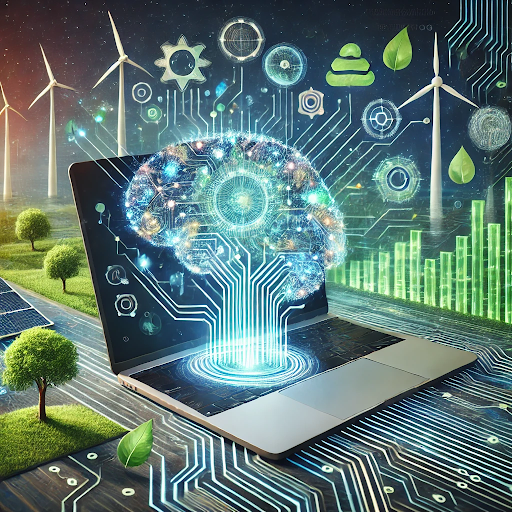
Welcome to the "Sustainability in the Digital Age" series
This course explores the critical intersection of AI and sustainability, highlighting how technological advancement can align with environmental responsibility. It offers insights into the dual nature of AI, noting its potential for increasing efficiency and driving sustainable innovation, while also acknowledging the significant energy consumption involved in training and applying AI models. In this course, we are not only examining the paradox of AI and sustainability but also provides actionable recommendations for incorporating sustainability into AI application development. By examining AI's transformative role and its environmental impact, the course offers a comprehensive understanding of how AI can be harnessed to support global sustainability goals effectively.
This course is part of the Sustainability in the Digital Age series, a collaborative project between colleagues from Stanford University, SAP and the Hasso Plattner Institute.
Language: English
Deutsch, English
Junior
Course information
This comprehensive course delves into the vital intersection of artificial intelligence and sustainability. It explores how cutting-edge technology can advance alongside environmental responsibility. Throughout the course, learners will gain insights into the dual nature of AI. While AI holds the promise of enhancing efficiency and fostering sustainable innovation, it also presents challenges due to the significant energy consumption associated with training and deploying AI models. The curriculum not only examines this paradox but also equips participants with actionable strategies to integrate sustainability into AI application development, ultimately aiming to support global sustainability goals.
The course begins with an Introduction to AI and Sustainability, which establishes foundational knowledge. Participants explore the fundamentals of artificial intelligence, including its definition, capabilities, and importance in the context of sustainability. This is followed by an exploration of Different Aspects of AI and Sustainability. Participants delve into the varied dimensions of AI's relationship with sustainability. This includes examining the return on investment (ROI) in AI, considering both its environmental and economic impacts.
The course then fmoves on to the topic of Developing AI in a Responsible and Sustainable Way. Participants explore energy-efficient machine learning techniques and best practices for developing AI solutions responsibly, particularly in the realm of Generative AI (GenAI). Participants to gain a deeper understanding of the innovative approaches adopted by companies like SAP to make data centers greener, emphasizing the importance of responsible AI practices that consider ethical and legal aspects.
Finally, the focus shifts to Application of AI to Sustainability. Here, participants explore real-world applications, such as AI-powered SAP sustainability solutions, and AI solutions for energy and utilities sectors. They examine the role of AI in predictive maintenance and its transformative impact on sustainability.
Scope:
The Sustainability in the digital age: Balancing Innovation and Environmental Responsibility course runs for two weeks with a total workload of approximately 5-6 hours. It includes around 11 videos. The final exam takes place in the second week.
All learning materials (videos and texts) are available from the start of the course. The final exam is activated at the end of the first week and remains open until the course ends, giving participants two weeks to complete the content and one week for the exam.
Prerequisites:
Even though this course is intended for any individual interested in AI and Sustainability, foundational knowledge on AI would be helpful.
What you'll learn
- A comprehensive understanding of the intersection between AI and sustainability
- The ability to critically evaluate the environmental and economic impacts of AI, and acquire skills in implementing energy-efficient and responsible AI practices
- Insights into innovative strategies employed by industry leaders like SAP for sustainable AI deployment
- Competency in applying AI to real-world sustainability challenges, particularly in energy and utilities, thereby supporting global sustainability goals through transformative AI solutions
Who this course is for
- AI experts interested to explore AI’s impact on sustainable practices
- Sustainability Officers seeking innovative strategies to achieve their goals
- Consultants who advise on integrating AI for sustainable operations
- Industry professionals and enthusiasts keen to leverage AI to foster sustainability
Enroll me for this course
Learners
Rating
This course was rated with 3.95 stars in average from 340 votes.
Certificate Requirements
- Gain a Record of Achievement by earning at least 50% of the maximum number of points from all graded assignments.
- Gain a Confirmation of Participation by completing at least 50% of the course material.
Find out more in the certificate guidelines.
This course is offered by
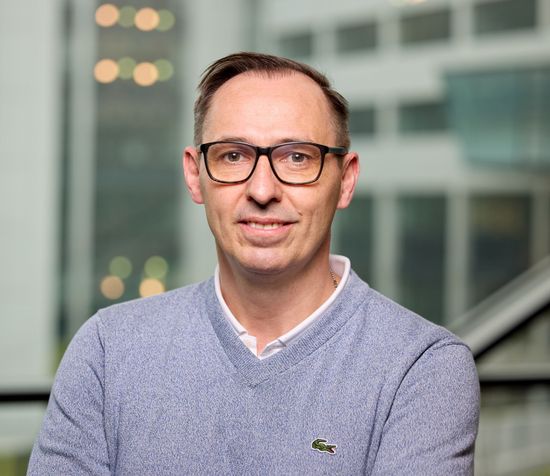
Gunther Rothermel helps businesses on their transformation journey with a set of sustainability-related capabilities offered by SAP.
As Chief Product Officer and Co-General Manager for SAP Sustainability, Gunther and his team deliver product innovations on sustainability addressing four dimensions: ESG Reporting & Management, Carbon Management & Accounting, Circularity and Operational Compliance.
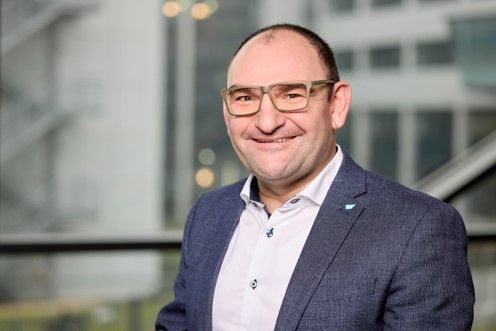
Christian Boos is Global Vice President and Head of Sustainability Innovation at SAP, where he helps companies craft sustainable business models through collaboration with customers, academia, partners, and governments.
With 25+ years of experience in consulting and business development, Christian drives innovation utilizing AI to streamline business processes and create intelligent applications, shaping a sustainable future through technology.
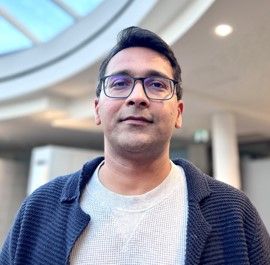
Surajit Mitra is a member of the Sustainability team and serves as the co-lead of the AI4Sustainability Program at SAP. He has experience in driving innovation across various domains, including SAP Signavio and SAP Customer Experience.
Surajit is currently spearheading AI innovation initiatives across SAP's Sustainability portfolio. His expertise lies in leveraging artificial intelligence to enhance sustainability practices and drive eco-friendly business transformations.

Dr. Kerstin Verzano is a development project lead at SAP. For many years, she has worked at the intersection of technology, sustainability, and business in various roles across different companies.
She is passionate about helping customers with business solutions that address their challenges while also providing a positive, sustainable impact.

Vikram Nagendra is a member of the Corporate Sustainability team. He has experience in core sustainability topics like environmental and social impact measurement and valuation, holistic steering and reporting, AI ethics, and sustainability thought leadership.
Vikram is currently driving the AI ethics governance topic together with the Business AI unit.
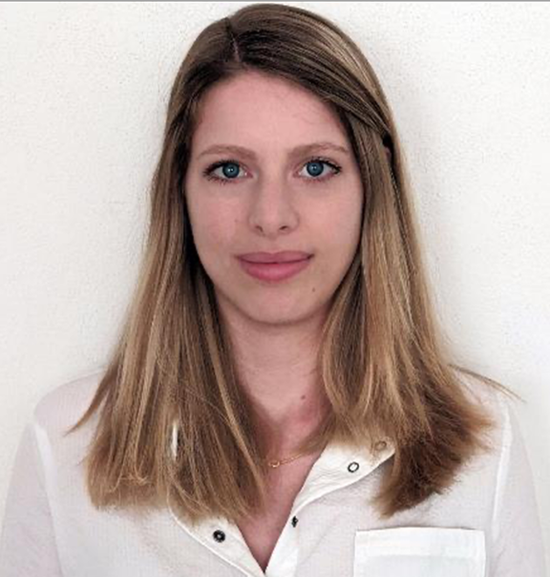
Johanna Latt is a Product Marketing Manager for Sustainability solutions at SAP. She has experience across various topics regarding sustainability such as social responsibility, sustainability regulations as well as cross-ESG topics.
Johanna is currently driving the topic of AI in sustainability solutions at SAP from a product marketing perspective.

Klaus Schimmer is a Chief Innovation Architect Sustainability at SAP SE. He is part of the Sustainability Innovation Team at SAP. In his role, he is looking for innovations in the area of sustainability. Key topics include, for example, the digital proof of origin of green hydrogen or the question of how artificial intelligence can advance the topic of sustainability. He is also responsible to monitor the sustainability ecosystem of SAP Partners. In his career at SAP, he can look back on activities in the areas of security, machine learning, future of work, start-up programs and sustainability.